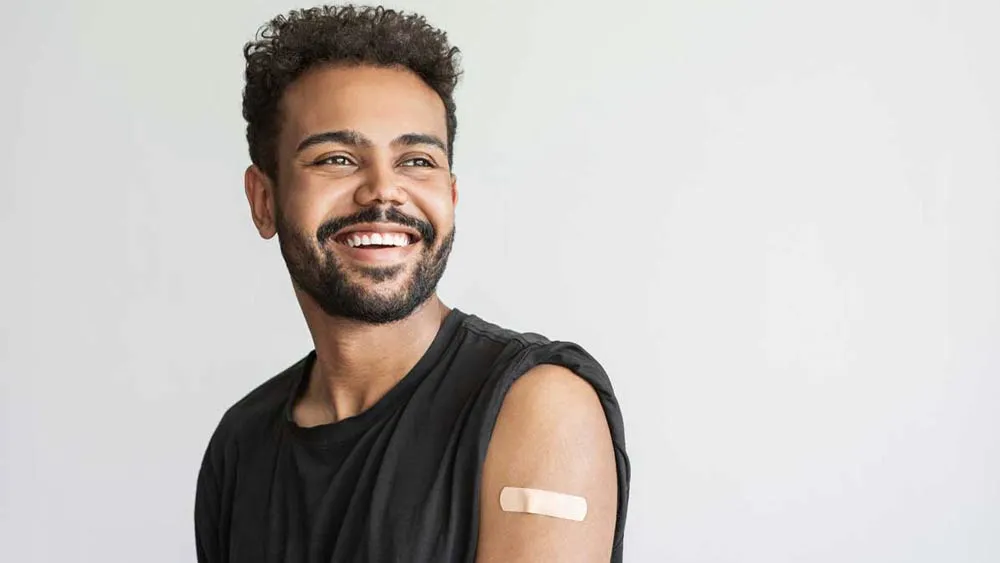September 10, 2013
Minn. to Allow Sex Offenders in Program to Marry
Jason St. Amand READ TIME: 3 MIN.
Three pairs of men in Minnesota's sex-offender treatment program are seeking to marry under the state's new same-sex marriage law, and state officials said Monday they will not stand in their way.
At least four of the six men live at the Moose Lake campus of the Minnesota Sex Offender Program (MSOP), a high-security facility for offenders considered too dangerous to live in the community.
While acknowledging that the requests raise novel questions, Deputy Human Services Commissioner Anne Barry said, "We don't intend to interfere with their right to marry one another."
The law, which took effect Aug. 1, has forced the agency to review its policies governing the program, which houses more than 600 offenders - all but one of them men. In the past, some offenders in the program have married women on the outside, but none have married other program residents.
"There'd be an awful lot of things to be sorted out before I could say it was a good idea or not," said Warren Maas, executive director of Project Pathfinder, which treats sex offenders and helps them make the transition into the community. "Clearly, we want people to form healthy relationships. But you have a number of unintended consequences."
One of those seeking a marriage license is Allen Pyron, who has been in the program for about six years and who has been engaged to another offender at Moose Lake for about a year.
Pyron, who has requested a marriage license application from the Carlton County Recorder's Office, said Monday that he is in love with his fianc� and that he has an emotional relationship that is more about intimacy and supporting each other than sex.
"We should be allowed to exercise our rights, our civil liberties," he said in a telephone interview. He said marrying and having a stable relationship would be a "very healthy" step in his treatment.
Pyron estimated that about 30 to 35 percent of the offenders at Moose Lake are in some sort of relationship with another offender. But he acknowledged that allowing them to marry is "going to raise some controversy" among a faction of heterosexual offenders who don't approve of those who are gay.
He said he hopes to room with his husband after they marry and eventually to gain conjugal privileges.
Another offender seeking to marry says he and his partner fell in love the "old school way" by getting to know each other as people first.
Thomas Bolter said he wants to be married to his fianc�, Nicholas Luhmann, in part to have someone he could trust inside the program if his serious kidney condition left him unable to make his own medical decisions.
"We know the other person would have the other's best interest at heart," Bolter said.
One immediate question facing state officials is the marriage licensing process. State law requires one member of a marrying couple to file the license application in person with a county recorder. That has been a sticking point because offenders can't get to the recorder's office in person under the program's current rules.
The program provides transportation for medical appointments and court appearances, but not for personal reasons, said Barry, the deputy commissioner. She said the agency is reviewing those policies to find a solution.
"We're going to figure out the best way to accomplish that," Barry said. "We're going to have to figure out how they get the application."
Barry said her agency will review marriage requests case by case to account for security concerns and the clients' stage in treatment. Officials also will pay close attention to cases involving clients who are considered vulnerable adults to ensure they don't enter into relationships that could be exploitative or harmful.
Sex offenders enter the program under court commitment, often when they have completed a prison sentence but are considered unsafe for release. They are considered patients and not prisoners.
The program does not allow sexual activity and there are no conjugal arrangements for clients married to people outside the program.
Barry said that some sex-offender clients room together but that the agency will have to sort through those arrangements as they relate to offenders if they marry.
"It's a different set of questions of whether clients can live together," she said.


